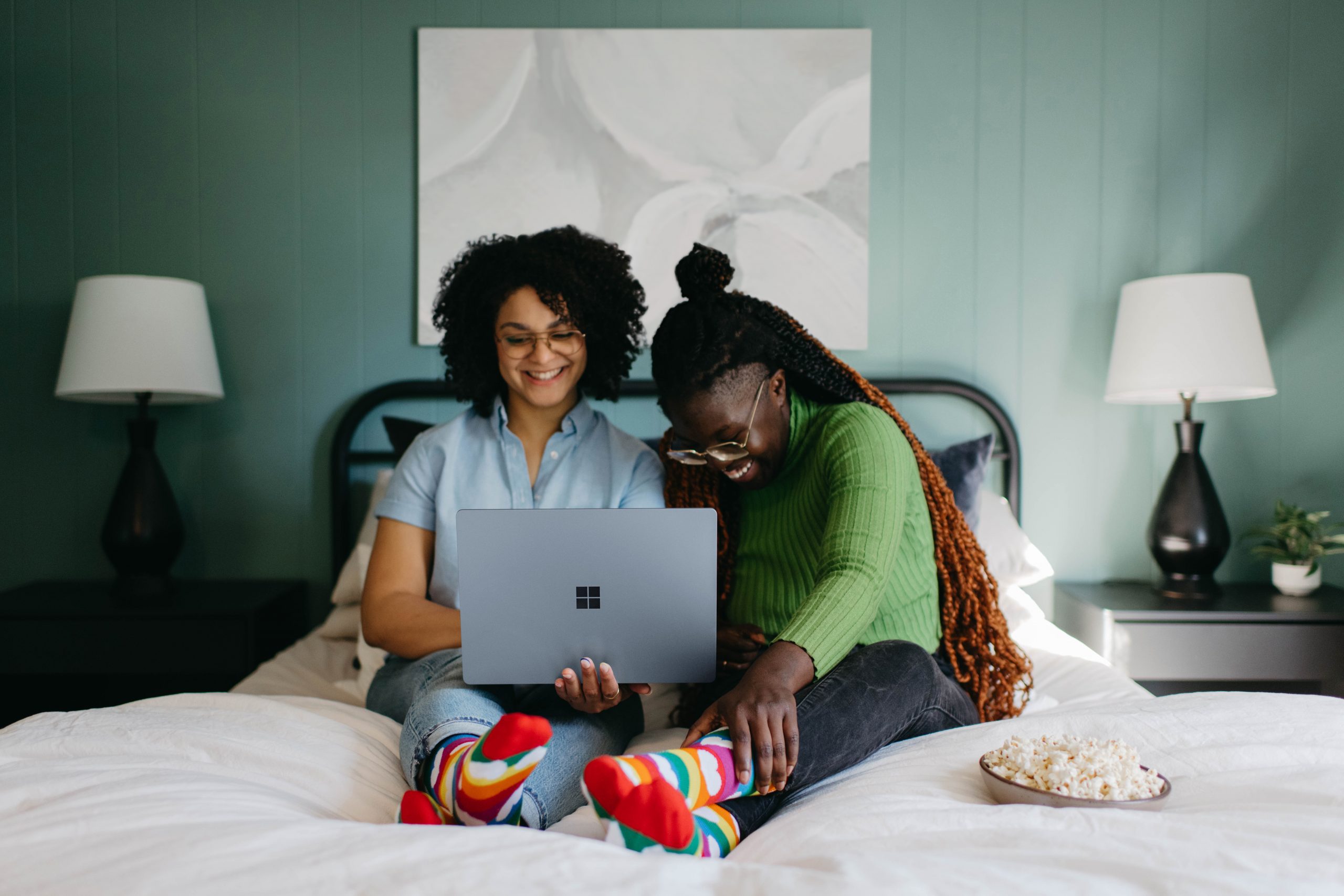Everyone has their own unique way to relax. For some, it might mean staying up-to-date with their favorite musical artist or sports team. For others, it might be perusing the latest special deals from online casinos to check out the latest slots, blackjack or roulette games. Relaxation could also involve catching the latest blockbuster movie, whether live streaming at home or heading down to the movie theater with friends. Relaxation could also mean napping, or cooking, or jogging.
Regardless of how a person chooses to unwind, it’s important that they prioritize downtime. Individuals who work often and face high levels of stress consistently might face physical symptoms like headaches or restlessness, as well as shifts in mood, like feeling overwhelmed or irritable.
When viewed in this way, prioritizing relaxation and entertainment is essential to our overall happiness — even if it takes a little extra time to pencil into a busy schedule. Even so, those in need of a little quality fun, in either daily doses or larger stints, don’t need to overhaul their lives. By sticking to a few of the points below, even the most stressed-out professionals can invite more relaxation into their lives.
A Foundation of Fun: Simplicity
As mentioned above, there’s no need to fully revamp a routine in order to have more time for leisure. However, one way to make room for more downtime is to simply observe your current schedule. Are you over-extending your mental or physical capabilities? And how often?
Solutions might be deceptively simple. Keeping a clean living and working space is one way to cut down stress and invite more peace into daily life. Waking up 10 minutes earlier might provide time to stop and smell the flowers on the way to work — either literally or figuratively.
To find areas of your life that can be simplified, simply write down your routine, then tally the aspects that give you the most stress. From there, a few simple solutions should become apparent. For example, podcasts are one way to add a little more entertainment into a daily routine. Whether a comedy podcast or a familiar talk show, passively listening to podcasts can always uplift one’s mood.
Get Moving
Physical activity releases endorphins into the body, which are known as the “happy” hormone. For this reason, many medical professionals and therapists recommend getting active to boost happiness. Couch potatoes—fear not. Relaxation doesn’t call for a trip to the Pilates studio.
In the context of leisure, getting active is about moving the body. This could mean a walk in the park to spend time in nature — or even having a picnic in the park. Researchers at Berkeley University are uncovering new information about the ability of nature to reduce stress and boost creativity.
Getting more active could also mean trying out a new sport, such as rollerblading or kayaking. After all, relaxation should also be entertaining. But it doesn’t have to involve nature. Simply heading to a shopping center to mall-walk with a few friends is one way to get moving while having fun, as are other activities like visiting an amusement park or even a haunted house.

Always Look for the Humor
It’s hard to snap out of a bad moon when tensions are high. One simple way to invite more balance and peace into our lives is to always look for a funny and entertaining angle—at least, when possible. Recently, researchers at James Cook University found that humor can offset negative thinking patterns.
So, what does this actually look like — especially for those born without a natural sense of humor? It means keeping reminders of things that make them laugh and feel good. For example, it might mean putting an automotive hula doll on the dashboard of their car just to encourage a few more smiles during their morning commute.
It could also be as simple as changing a ringtone to an uplifting or joyful song. More mundanely, it could literally mean buying tickets for a comedy show. Remember that laughter, just like physical activity, also releases endorphins into the brain.
Rely on Music
Unpleasant and abrasive sounds, from nails on a chalkboard to car honking, can lead to sensory overload and a highly unpleasant experience. Viewed in this way, it’s obvious that sound has a huge effect on mood—so why not harness it?
Regularly tuning in to relaxing music is one way to create a spirit of relaxation around any activity. Those who face long shifts at work might choose to listen to calming music with low BPMs during their morning commute or on their lunch break. Conversely, music can be used to create a calming atmosphere at home after work.
Those who struggle with unwinding after a long day can also use music to help them sleep at night, or even wake up in the morning. The same goes for uplifting the mood and adding more excitement to life. Higher BPMs are associated with dancing and quicker movement, so adding a bit of up-tempo music can add a dash of cheer to any activity.

Maintain Social Ties
Prioritizing time with friends and family is one of the best ways to stay relaxed. Back in 2019, researchers from the University of Notre Dame correlated stress levels to the number of inbound and outbound cellphone calls. The more social engagement, the less stress a participant reported.
Some might find this information surprising. After all, what about introverts, who may feel even more stress when facing added social time? In reality, maintaining social ties might not come down to spending time in person or on the phone with loved ones. In fact, it might be as simple as interacting with friends via apps like Wordle or playing an online casino game like slots together.
Maintaining our social network is also important because it gives us a sense of community. When people feel they have a strong circle of supporters who can help them with life’s obstacles, whether big or small, they’re less likely to feel stressed out by difficult situations. In other words, knowing you have a friend to back you up makes handling life’s problems a bit easier.
Dreaming Big
Not many people would consider daydreaming to be a relaxation technique or a way to add a bit more entertainment. But in reality, envisioning an ideal future can help us feel anything is possible. And by building out these scenarios through visualization, we prep our minds to achieve new goals.
If relaxation is a goal for you, then simply dedicating time to imagining a more peaceful and balanced lifestyle is a great step forward. Or if adding more fun is the goal, then imagining a new adventure might also do the trick. Remember to keep it simple and make small and incremental changes, as they’re more likely to last and less likely to add more stress to your life.








